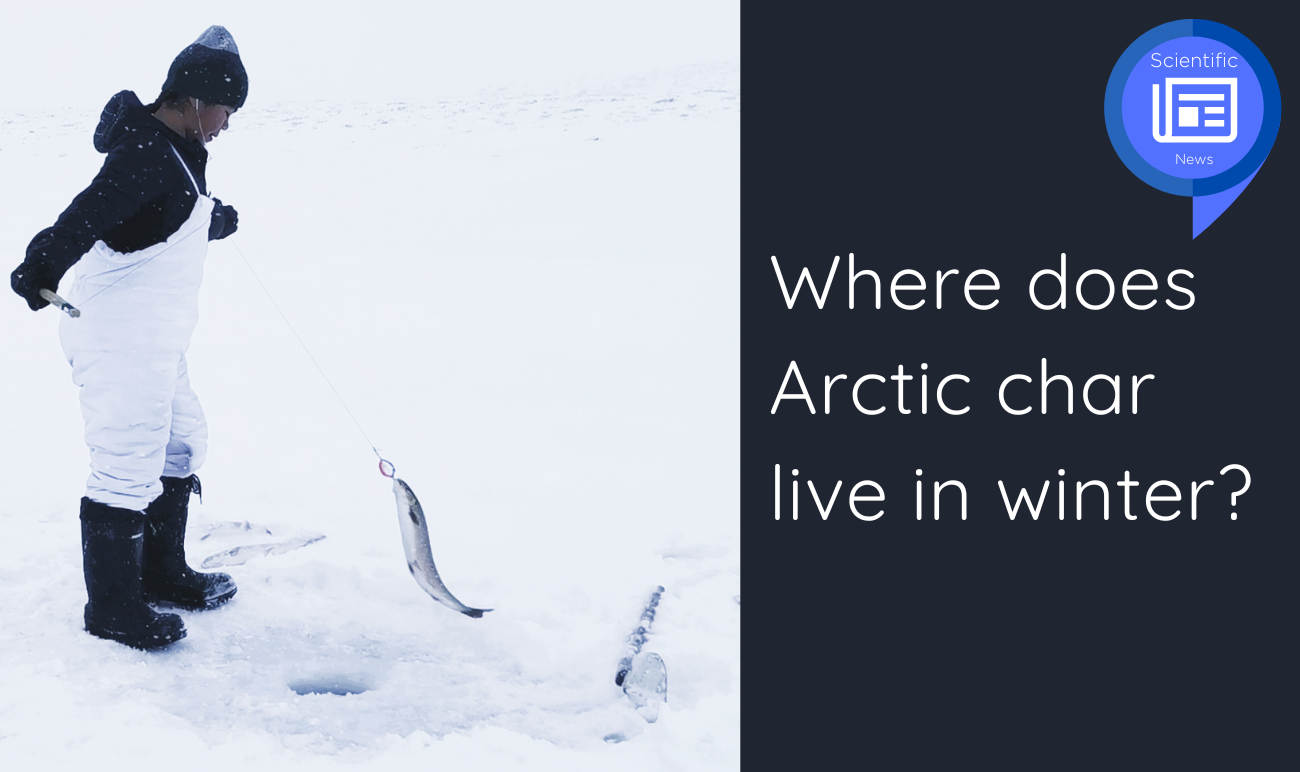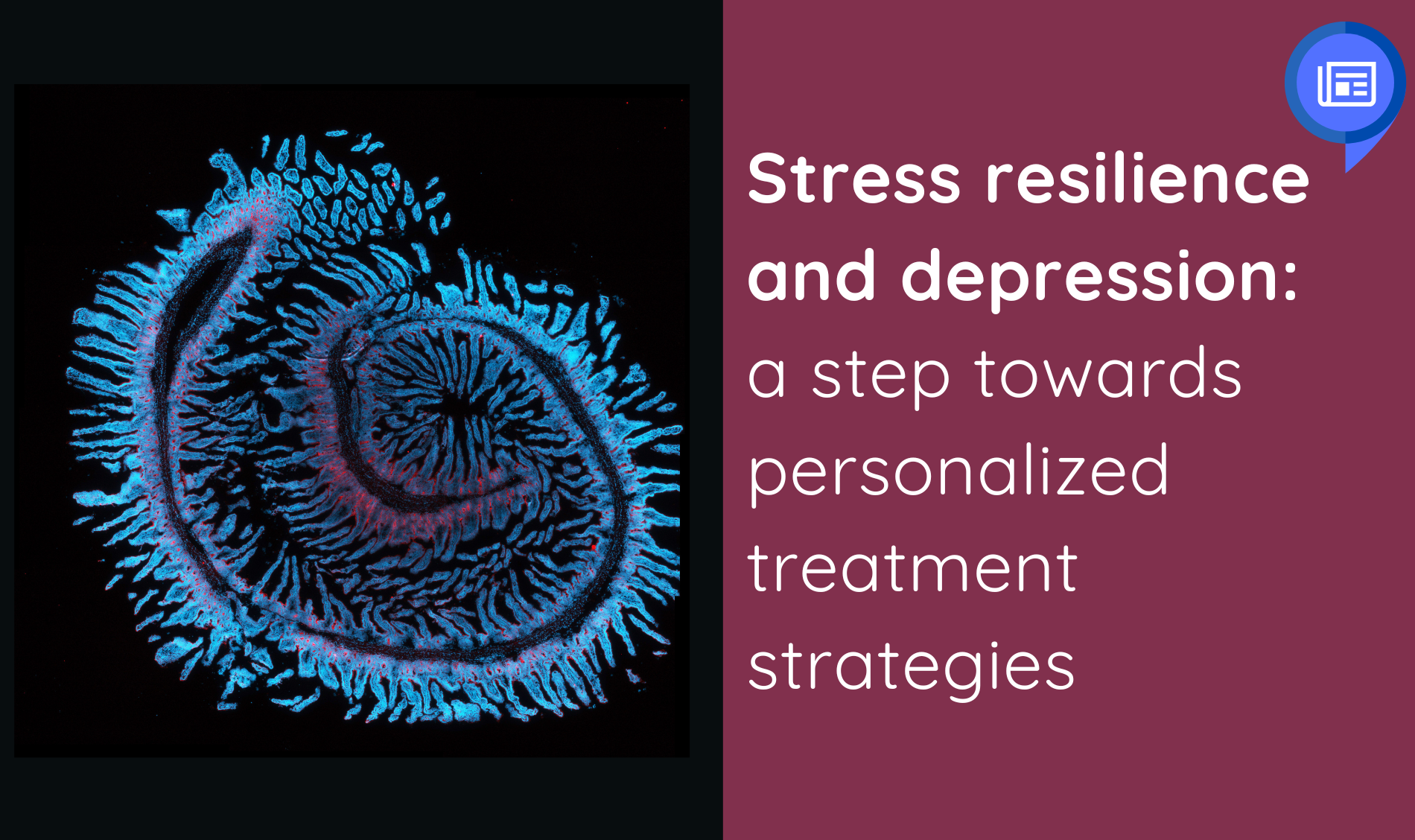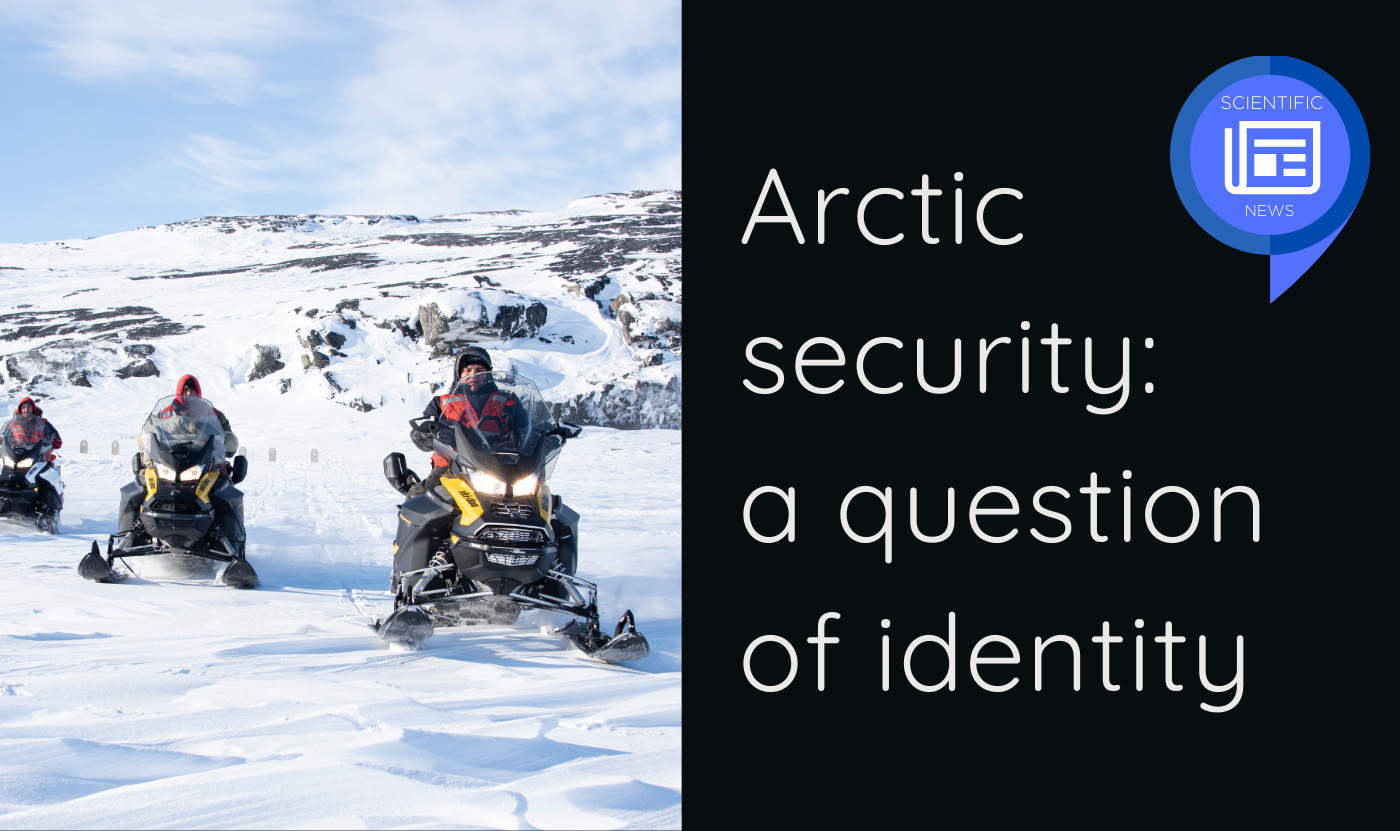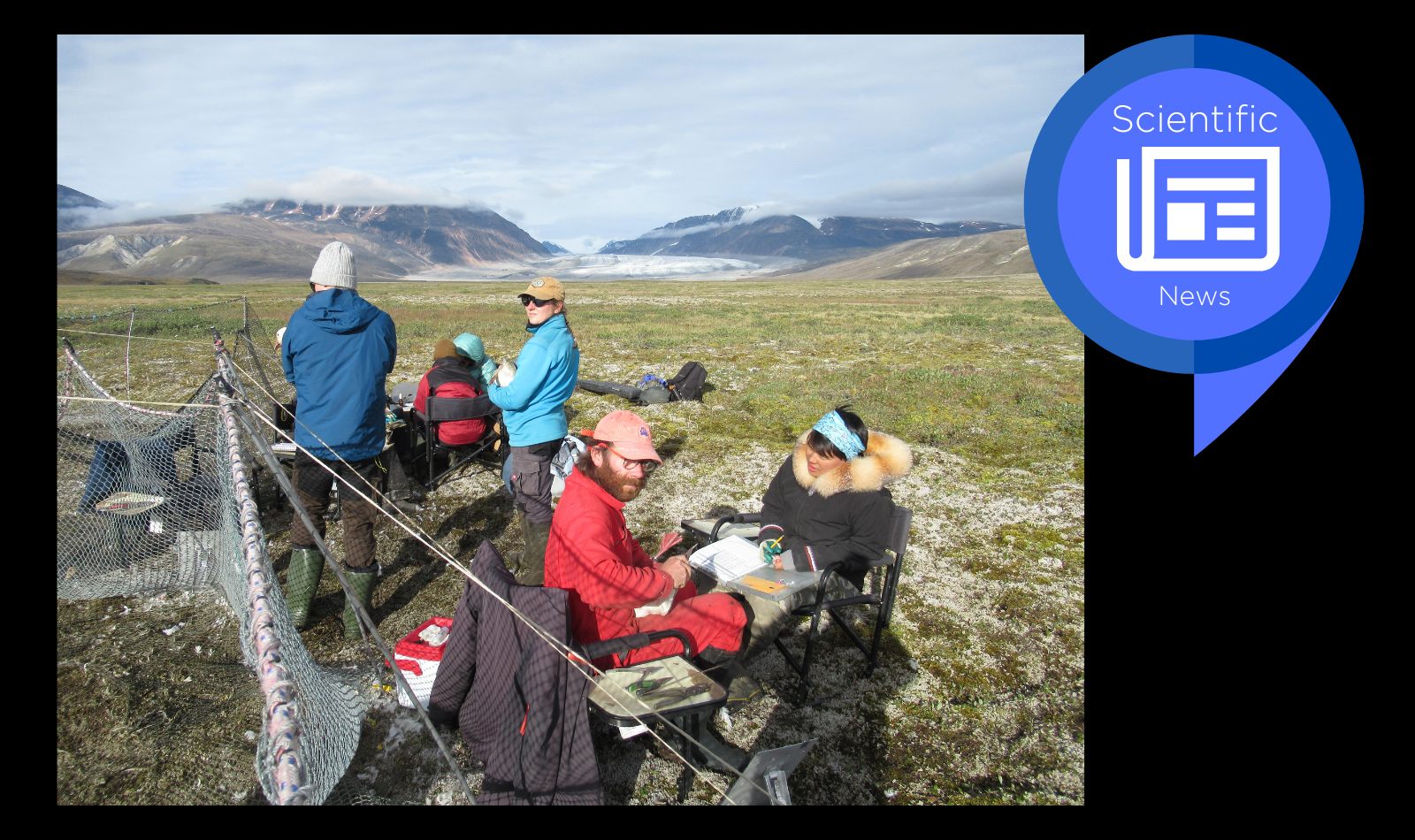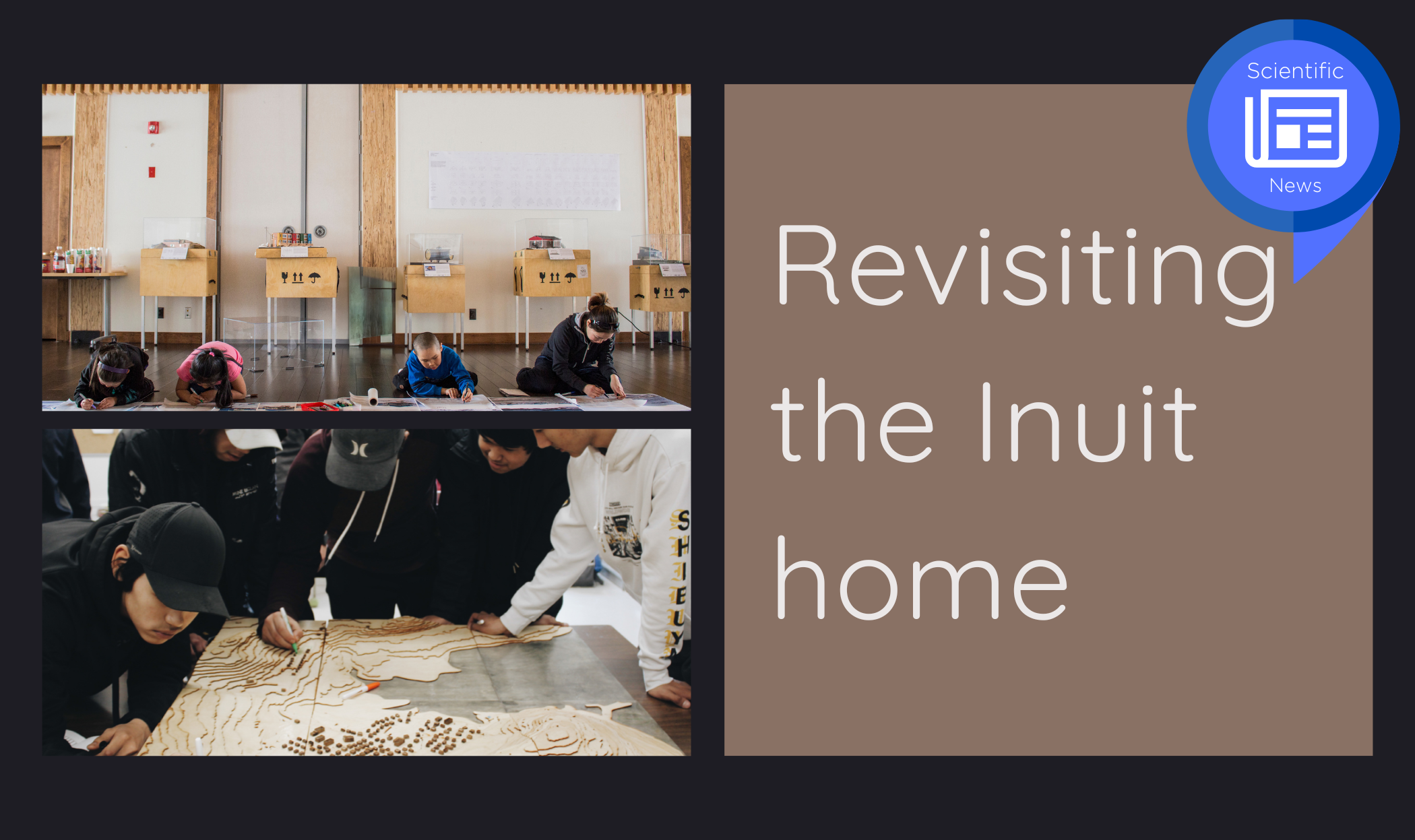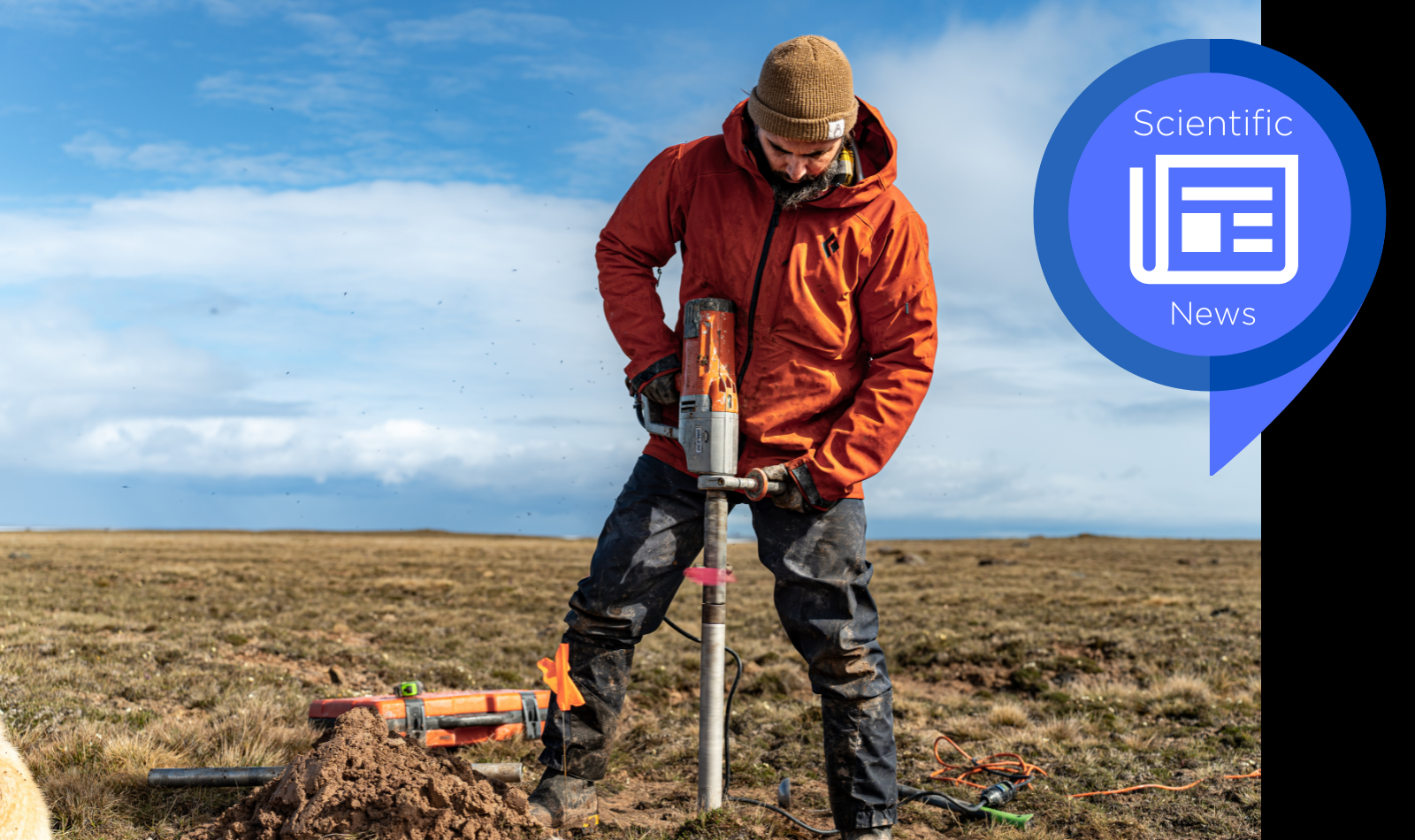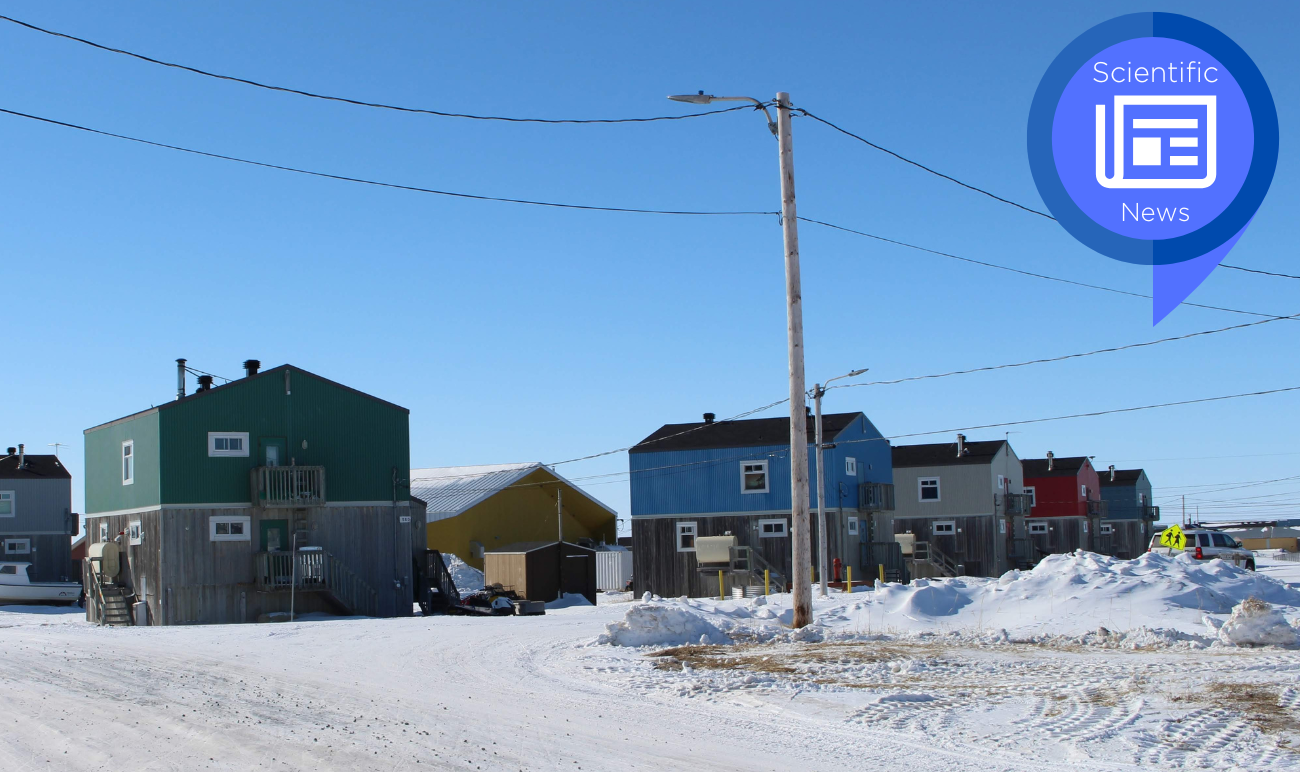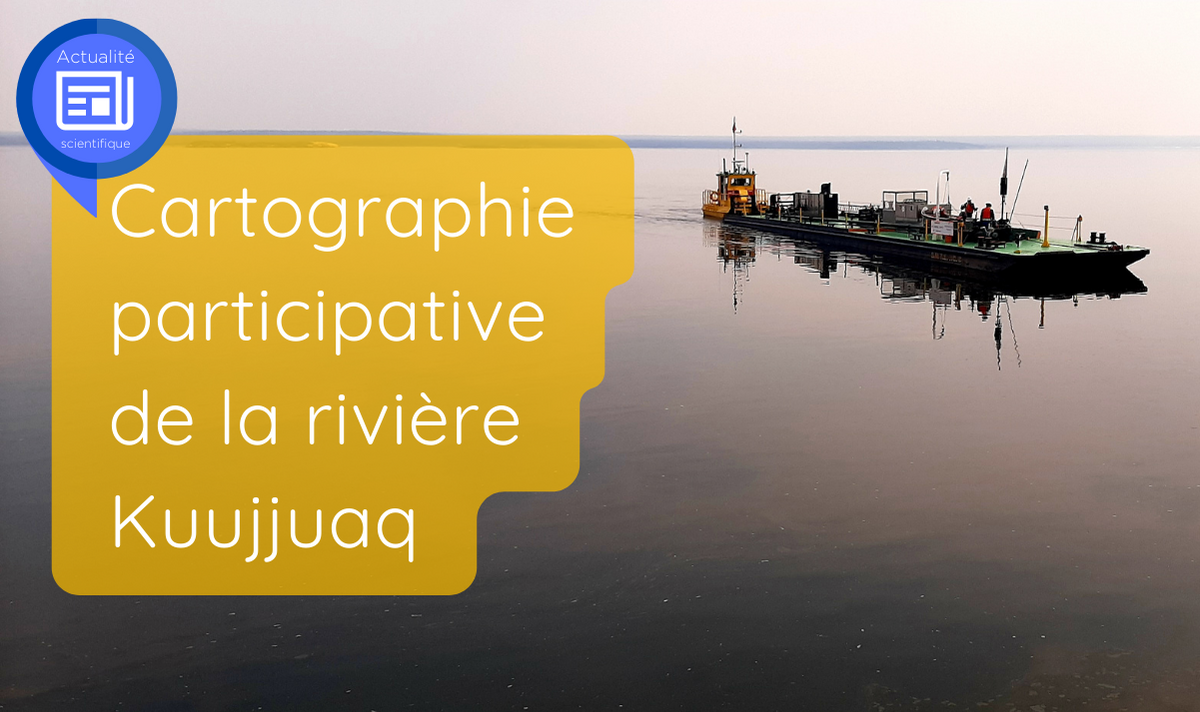When the Inuit go fishing for Arctic char on the frozen lake, they know when and where to cast their lines to get a bite, because for centuries, they have passed down fishing sites from generation to generation. But climate change could throw a wrench in their plans by altering the physical environment of the lakes and, therefore, the char's habitat...
News
In the face of stress, some people become anxious or even depressed, while others are resilient. Knowing the biological mechanisms underlying this resilience could lead to the discovery of new treatments for depression. This is the line of research pursued by Caroline Ménard, a professor in the Department of Psychiatry and Neurosciences at Université Laval and a researcher affiliated with the CERVO research center at CIUSSS de la Capitale-Nationale. She tracks markers of stress resilience in the brain, blood and even the intestines.
The Quebec government is counting on hydroelectricity and the exploitation of critical minerals for Quebec's energy transition and decarbonization. However, mining and hydroelectric infrastructures are themselves subject to the vagaries of the climate. Hence ARRIMÉ (Aléas, Risques et Résilience des Infrastructures Minières et Électriques du Québec), initiated to understand and prevent the risks associated with precipitation, flooding and high winds; a project led by Philippe Gachon, professor at UQAM's Department of Geography.
To understand Canadian policy in the Arctic, we need to study Canadian identity. This is the approach taken by Stéphane Roussel, professor at ÉNAP and member of Observatoire de la politique et de la sécurité de l'Arctique.
Like a last stop before hitting the motorway, the Greater Snow Geese make a stop along the St Lawrence each spring. This is where they refuel before resuming their flight to their nesting grounds in the Arctic. This stopover has consequences for the dynamics of the ecosystem thousands of kilometres further north.
In 1958, everyone in Salluit lived in an igloo," recalls André Casault, a professor at the School of Architecture at Laval University. In just two generations, the Inuit had to learn to live in immobile houses imported from the south.
In the Arctic, climate change is synonymous with thawing permafrost, a phenomenon that Frédéric Bouchard observes and measures on the ground and from the air.
In southern Quebec, we turn on the tap and watch the wastewater go down the drain without question. Not so in Nunavik, where permafrost prevents the construction of water and sewer systems. At home, questions arise not only about drinking water management, but also about water quality, as Stéphanie Guilherme, professor in the Department of Civil and Water Engineering at Université Laval, explains.
Before colonisation, the Inuit had their own system of social regulation, often mediated by elders or family providers. Even today, various informal mechanisms help maintain social order, such as denouncing a person's misbehavior on community radio without naming him or her. But with colonisation, Inuit have seen non-Inuit judges and police arrive to settle their disputes...
Mussels have a lot to say: about their own state of health as well as that of their environment, about the pathogens they harbor, those that would be harmful to consumers, but also about the microorganisms present in the ecosystem around them that may be pathogenic to other species...
This month, science journalist Valérie Levée focuses on the work of researcher Émilie Fortin-Lefebvre, professor at the Université du Québec à Montréal, director of the Centre d'études pour l'autonomie économique des Premiers Peuples et des Inuit and newly appointed co-director of INQ's Society and Culture Axis.
To supply Kuujjuaq, ships must travel dozens of kilometers up the estuary of the river of same name, which is subject to tides as strong as those in the Bay of Fundy. There is a real risk of marine incidents...


